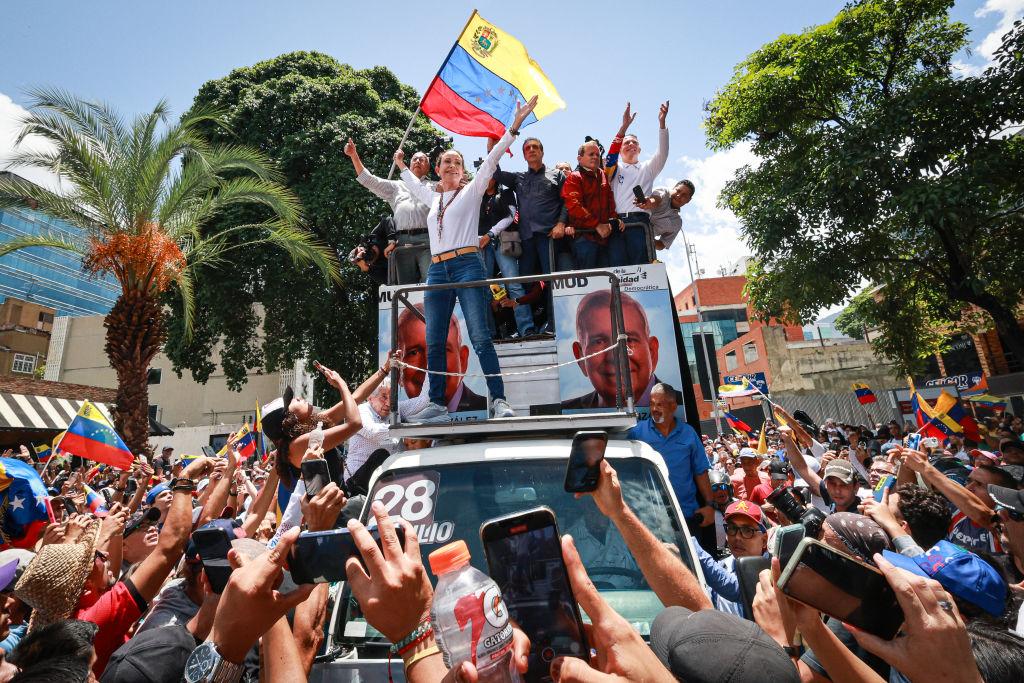Foreign Affairs Minister Mélanie Joly has denounced acts of violence in Venezuela and called for the release of protesters who were arrested following the disputed election results.
“Canada condemns the human rights violations, as well as the acts of violence that are occurring following the presidential elections and calls for the immediate release of the arbitrarily arrested, imprisoned or detained individuals,” Joly said in an Aug. 4 statement.





